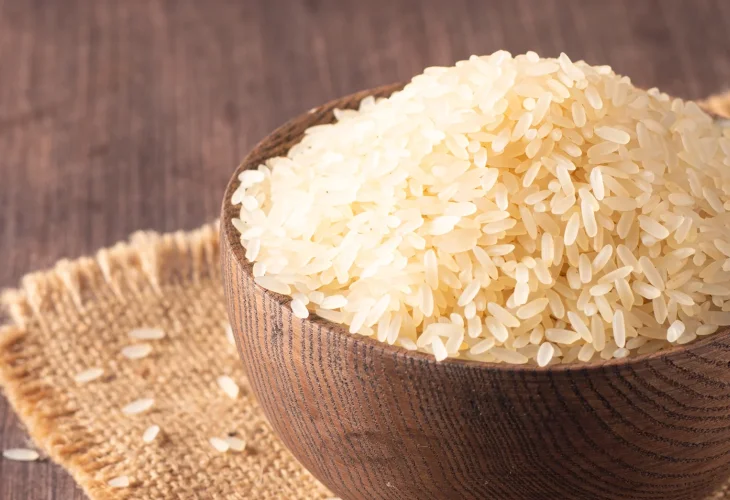Health and Nutrition
The Rice Effect: Understanding Its Impact on Our Health
Excess rice can lead to blood sugar spikes, weight gain, and nutrient deficiencies
 (Photo: Shutterstock)
(Photo: Shutterstock)Rice is a staple in many kitchens, but many are unaware of the way it affects the body. Following are 5 reasons to avoid overeating rice and how to enjoy it safely.
1. Blood Sugar Spikes
Rice — especially white rice, has a high glycemic index, meaning it breaks down quickly into sugar and causes a rapid spike in blood glucose levels.
Result:
A quick energy surge, often followed by a sudden drop (“sugar crash”).
Over time, excessive consumption can strain the pancreas and increase the risk of developing type 2 diabetes.
2. Weight Gain
Rice is rich in carbohydrates and is a major source of calories. Eating large portions makes it easy to exceed your recommended daily calorie intake.
Result:
Excess calories can lead to fat accumulation, especially if the extra energy isn’t burned through physical activity.
3. Risk of Arsenic Overconsumption
Rice absorbs some arsenic from the soil during cultivation. Arsenic is a toxic substance found in low levels in rice, but excessive consumption over time can cause it to accumulate in the body.
Result:
Long-term exposure may increase the risk of heart disease, cancer, and other health issues.
Tip: Choose whole grain rice and rinse it thoroughly before cooking to reduce arsenic levels.
4. Digestive Strain
White rice is low in dietary fiber and doesn’t support healthy bowel movement.
Result:
It may cause constipation when consumed in large amounts, especially without fiber-rich foods like vegetables.
5. Nutritional Imbalance
If rice dominates your diet, it can lead to nutritional imbalance due to a lack of essential vitamins, minerals, and proteins.
Result:
Excessive rice consumption without variety can cause nutrient deficiencies over time.
How to Eat Rice in a Healthy, Balanced Way
Pair it with protein and fiber: Combine rice with legumes (like lentils or beans) and plenty of vegetables for a more balanced meal.
Choose brown rice: It contains more fiber, vitamins, and minerals than white rice.
Watch portion sizes: Eat rice as part of a balanced plate, not as the main component.
Cook smart: Rinse rice thoroughly and cook it with extra water to help lower arsenic content.

